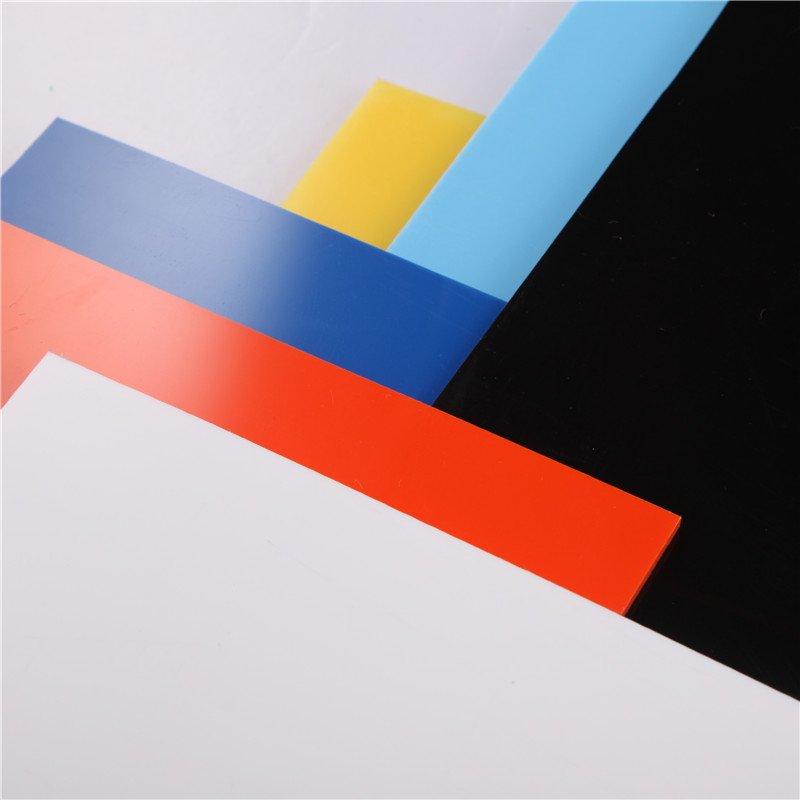Dec . 05, 2024 14:16 Back to list
pvc tube
The Versatile World of PVC Tubes Applications, Benefits, and Considerations
Polyvinyl chloride, commonly known as PVC, is one of the most widely used synthetic materials in the world. Among its numerous forms and applications, PVC tubes stand out due to their versatility, durability, and cost-effectiveness. This article explores the various applications of PVC tubes, their benefits, and considerations for their use.
Understanding PVC Tubes
PVC tubes are hollow cylinders made from polyvinyl chloride, a type of plastic known for its strength and resistance to environmental factors such as moisture, chemicals, and UV rays. They are available in a broad range of sizes, shapes, and colors, making them suitable for various applications across multiple industries. From simple plumbing installations to complex industrial uses, PVC tubes have carved out a significant niche.
Applications of PVC Tubes
1. Plumbing One of the most common uses of PVC tubes is in plumbing systems. They are used for both cold and hot water supply lines, drainage systems, and sewer lines. Their resistance to corrosion and chemical damage makes them an ideal choice for plumbing, often replacing traditional materials like metal pipes.
2. Electrical Conduits PVC tubes are also extensively used as electrical conduits. They provide protection to electrical wires, ensuring that they are shielded from moisture, dust, and physical damage. Their non-conductive properties make them safe for electrical installations.
3. Construction In the construction sector, PVC tubes are used for various purposes including scaffolding, temporary structures, and support systems. Their lightweight nature combined with their strength makes transportation and installation easy.
4. Medical Applications The medical industry frequently uses PVC tubes for various practical purposes. They are utilized in the manufacture of medical devices, IV bags, and blood storage bags, thanks to their flexibility and ease of sterilization.
5. Agriculture PVC tubes are often employed in agriculture for irrigation systems. They are used to transport water to crops, providing a reliable and efficient method for watering large areas. Their resistance to chemicals also makes them suitable for various agricultural applications.
6. Aquarium and Fish Tank Supplies Home aquarists and professionals alike use PVC tubes for water circulation, filtration systems, and tank decorations. The inert nature of PVC ensures that it does not leach harmful chemicals into the water, making it safe for aquatic life.
pvc tube

Benefits of PVC Tubes
- Durability PVC tubes are resistant to wear and tear, which means they can last for many years without deteriorating. This makes them a cost-effective option in the long run.
- Lightweight Compared to other materials like metal, PVC is much lighter, making it easier to handle and install.
- Cost-Effectiveness PVC tubes are generally more affordable than alternatives, making them an attractive option for budget-conscious projects.
- Chemical Resistance PVC does not corrode or degrade in the presence of many chemicals, making it suitable for a range of industrial applications.
- Flexibility Available in various sizes and designs, PVC tubes can be easily customized for different applications.
Considerations When Using PVC Tubes
Despite their many advantages, there are considerations to keep in mind when using PVC tubes. The material is not suitable for extreme heat situations, as high temperatures can cause it to warp or melt. Additionally, while PVC is generally safe, it’s crucial to use high-quality PVC tubes, especially for applications that involve human health, such as in medical or food-related uses.
Moreover, environmental concerns regarding PVC production and disposal mean that companies are increasingly exploring eco-friendly alternatives. It is vital for manufacturers and consumers alike to consider the full lifecycle of PVC products.
Conclusion
PVC tubes are a cornerstone of modern infrastructure, industry, and everyday life. Their versatility and range of applications make them indispensable in various fields, from plumbing to agriculture and beyond. As we continue to innovate and prioritize sustainable practices, it is essential to weigh the benefits against environmental impacts and strive for responsible usage. Whether you are a DIY enthusiast or a professional contractor, understanding the value and limitations of PVC tubes can help in making informed decisions for your projects.
-
HDPE Natural Sheet: Durable, Food-Grade & Versatile Plastic Solutions
NewsAug.27,2025
-
Durable Glossy PVC Rigid Sheet | Premium High-Shine Panels
NewsAug.26,2025
-
Durable PP Rigid Sheet: Lightweight, Chemical Resistant Solutions
NewsAug.21,2025
-
PVC Grey Sheet for Extraction: Chemical Resistant & Durable
NewsAug.19,2025
-
Durable PVC Pipe Fittings for Plumbing & Irrigation Needs
NewsAug.18,2025
-
HDPE Steel Belt Reinforced Spiral Corrugated Pipe | High Strength
NewsAug.17,2025

